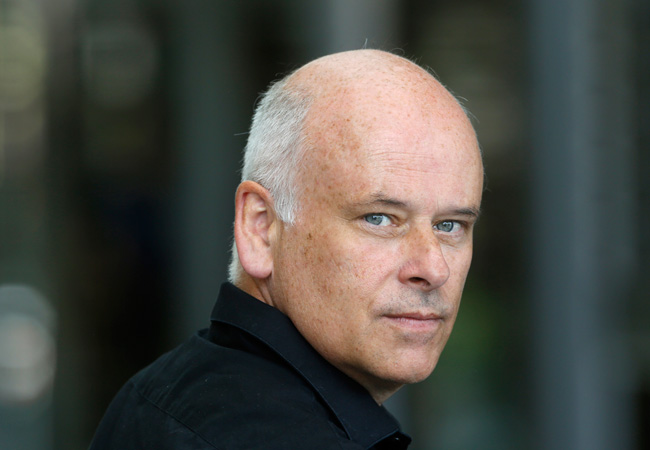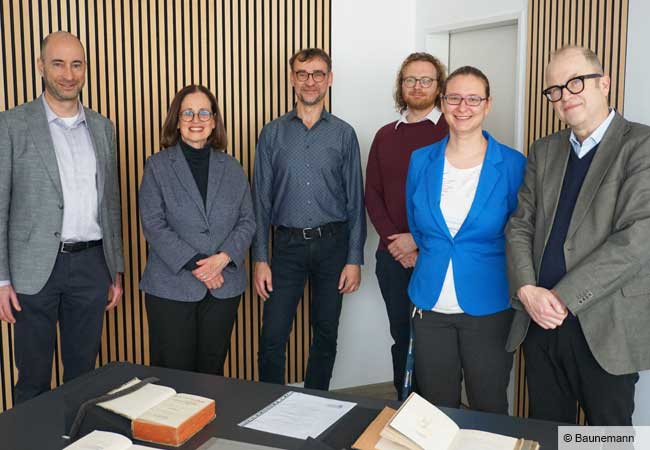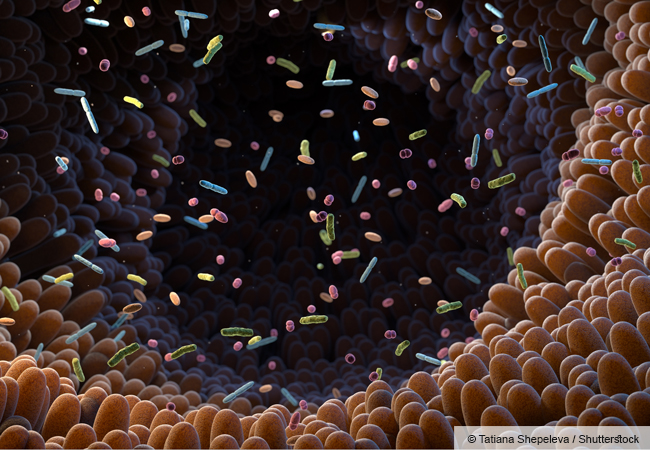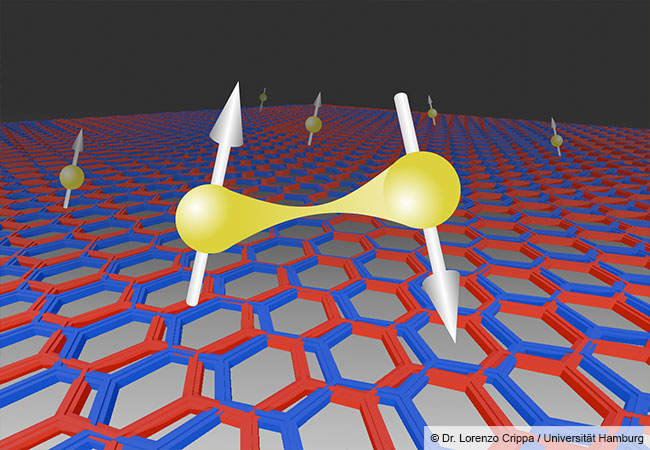
Professor Robert Tampé, Director of the Institute of Biochemistry at Goethe University, has been elected to the European Organization for Molecular Biology, EMBO. The specialist in immune research thus ranks at one of the best researchers in Europe and the world.
“It’s a special distinction for the whole team, who were able to illuminate fundamental aspects of the adaptive immune system,” says Robert Tampé. “These discoveries will not only find their way into textbooks, but will also provide a variety of therapeutic approaches for combatting infectious diseases and cancer.”
Just last year, Tampé was awarded an “ERC Advanced Grant” by the European Research Council amounting to 2.5 million euros. This project is dedicated to the question of how certain viruses circumvent control by the immune system. It particularly looks at molecular transport mechanisms that carry fragments of invading viruses to the cell’s surface where they attract the attention of the T-cells of the immune system. Knowing how viruses bypass this process promises progress in the field of infectious and autoimmune diseases as well as in cancer research.
The Reinhard Koselleck project, with 1.5 million euros in funding from the German Research Foundation (DFG), also deals with the quality control and assembly by macromolecular complexes that trigger the immune system. Through the Koselleck program, the DFG enables outstanding researchers to pursue exceptionally innovative and higher-risk projects. Tampé and his team are investigating the organization of the antigen quality control locations both inside the cell and in the cell membrane. The challenge lies in decoding the structure and function of larger, differently assembled protein complexes which, moreover, rarely exist in intercellular membranes.
Robert Tampé studied chemistry at the Technical University Darmstadt where he received his doctorate in biochemistry. As Max-Kade Fellow, he explored mechanistic aspects of antigen presentation at Stanford University. From 1992 to 1998, he headed a research group at the Max Planck Institute of Biochemistry in Martinsried and he was appointed as Assistant Professor in Biochemistry at the Technical University of Munich in 1996. From 1996 to 1998 he was DFG Heisenberg Fellow. Subsequently, he headed the Institute of Physiological Chemistry at the Faculty of Medicine of the University of Marburg. Since 2001, he has been the director of the Institute of Biochemistry at Goethe University. He also holds honorary visiting professorships at the University of Oxford and University of Kyoto.
EMBO is an organization of more than 1800 leading researchers that promotes excellence in the life sciences. The major goals of the organization are to support talented researchers at all stages of their careers, stimulate the exchange of scientific information, and help build a European research environment where scientists can achieve their best work.
Source: Press release from 11th June 2019







